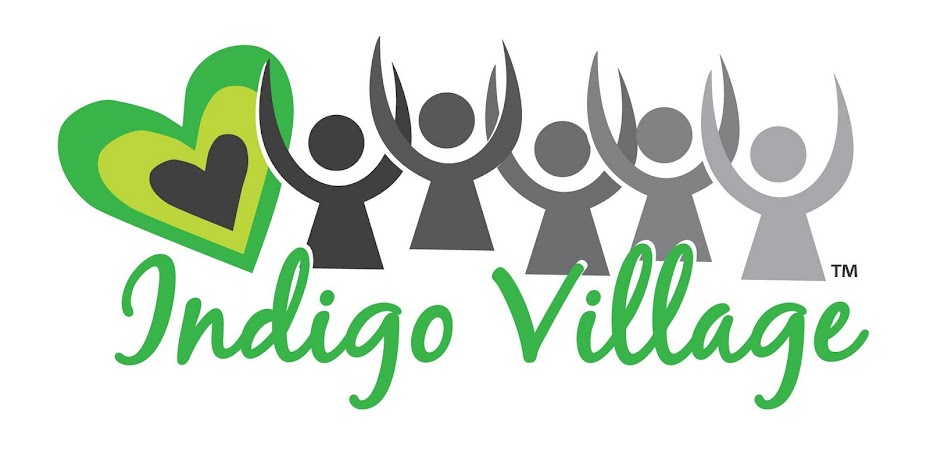Ah, tweens, hormones aplenty, social and emotional growth occurring at a dizzying pace, fun times! The 9- to 13-year-old starts down the path of self-identity, independence, and development of moral values that will mark the teen years. They push you away, and pull you closer. It can be a confusing time for the tween, and for the adults in your tweens' life. Certified educators Heather Lampron and Joe O'Quinn will demystify these years, reviewing normal and expected behaviors for 4th through 8th graders, about age 9 to 13. In this interactive session, attendees will practice some quick and easy tools to defuse emotions, peer conflict, and setting limits. Learn shortcuts to connect in a positive way with the tweens in your home, school, or program, and emphasize positive interactions in the group.
Especially for teachers: As a 5th grade teacher in the acclaimed Poway school district, Joe O'Quinn, M. Ed. has a classroom full of tweens on a daily basis. "I love teaching 5th graders. They grow up so much over the course of one school year. They are learning about themselves, their skills, their dreams, their classmates, and the world. It's an honor to be a part of their process." As an experienced teacher, Joe has a variety of tips to offer teachers, parents, and coaches on how to avoid some common pitfalls and stay connected with our tweens.
Fun fact: have you ever wondered where the "tween" moniker comes from? Heather and Joe will clue you in!
Does your thinking limit your success?
Have you ever had the feeling you were standing in the way of your own success? In this presentation, you will get a glimpse of the gorilla in the doorway leading to your dream life. Presenter, Rick Itzkowich, engages attendees in a stimulating experiential session. You’ll have the opportunity to explore the domino effect your thinking plays in the game of your personal and career life.
Takeaways:
An awareness of the power your thoughts have on the results you see in your life.
Pre-event: How to look beyond the looking glass and see who’s really in charge.
An understanding of why your assumptions about love or money actually affect how much of both you have in your life.
Pre-event: Why being aware of your perceptions about finances and love is a critical skill.
A new way of listening and reframing the judgmental chatter in your head.
Pre-event: Ways to stop living with the same 60,000 thoughts each day.
Nourishing Wisdom: Improving Your Relationship with Food While Also Improving Your Children's Health
In this session we will look at health from a whole-person perspective, understanding that one's health is an expression of the complex interplay between the physical and the chemical, mental and emotional as well as spiritual and environmental aspects of one's life and being. We will discuss how every person has unique dietary needs and how to find out what those are by listening to your own body vs. external dietary theories.
We will also talk about kids nutrition - their current health challenges and solutions to those challenges. Participants will learn 8 easy ways to raise healthier children in today's world and what kinds of nutritional supplements are of the most value to growing bodies.
Participants will also learn how to balance both the food that they eat with primary food, the things that feed us other than food - and how to communicate these concepts to their children so that the whole family can have a positive, nourishing relationship with food. They will also learn about cravings in detail and how to deconstruct them so that they can understand their origin, mitigate the emotional response to food and learn to improve their health across the board.
Creating Families through Adoption:
Handling the "Abandonment" Word
Parents are asked “Why?” by their children about almost everything. Parents who adopt may have an additional “why” asked of them. “Why am I not with her?” or “Why did she give me up?” or “Why was I abandoned?” Along with these questions come intense, complex and ambiguous emotions for everyone in the family. In this powerful workshop – for parents and for adoption professionals – you gain clarity and insights to assist you in handling emotional issues, in talking about adoption with your child, and in handling the "why" so that you may move beyond the “abandonment” word.
Biography
Maggie Macaulay
Maggie Macaulay, MS Ed, the owner of Whole Hearted Parenting in Miramar, Florida, has assisted parents in creating cooperative, peaceful homes for over a decade. She teaches the Redirecting Children’s Behavior™ Course, trains course instructors and leads RCB South Florida, a team of certified parent educators serving Broward, Palm Beach and Miami-Dade Counties. Maggie is a certified coach and a featured parenting expert on NBC 6’s South Florida Today as well as for the online sites Parental Wisdom and New Baby. Maggie created and facilitates Whole Hearted Adoption, a full-day workshop that explores myths and beliefs about parenthood, adoption and family building. Maggie is a certified facilitator of the Freedom to Be course through Your Infinite Life Training and Coaching Company, and she is the recipient of the 2008 American Business Women's Association Spirit of Excellence Parent Educator of the Year Award. You may reach Maggie at 954-483-8021 or www.WholeHeartedParenting.com and maggie_macaulay@msn.com.
